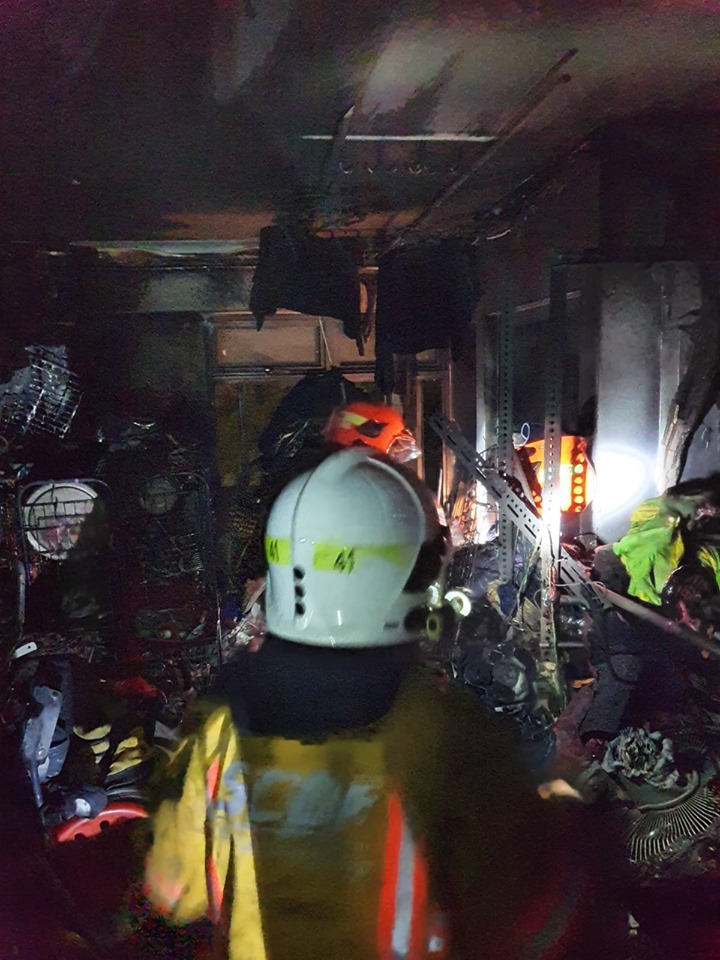
By Ghui
2015 marks an important year for Singapore. This year saw the passing of Mr Lee Kuan Yew who is widely held as Singapore’s founding father. On top of this, the year thus far has also marked Singapore’s 50th milestone birthday. To add further significance, this will also be general election year.
This will be the first general election post independence that Mr Lee will not be present with the PAP. GE2015 is also the next general election after the watershed general elections of 2011, which saw an unprecedented number of opposition party members elected into Parliament.
Post GE2011, PM Lee promised a more inclusive society and indeed, a raft of laws was passed seemingly to aid those that have fallen through the cracks. GST vouchers were issued; single parents were given a fraction of some rights that wedded parents were given (as opposed to absolutely nothing before) and the Pioneer Generation Package was announced.
All these measures are to be applauded. However, I wonder if deep-seated prejudices and entrenched bureaucracy have hampered any moves to bring about the total overhaul required to truly facilitate the development of a more inclusive society.
 The Little India riot was an example of how elitist and racist mindsets within the system can completely blindside us and prevent us from going to the root of a problem. Singapore is a country that is fueled by foreign labour. It is cheap foreign labour that has built our buildings, paved our roads and looked after our young. Yet despite the fact that we liberally utilise the services of our foreign brethren, our laws have chosen to treat them as barely tolerated second-class citizens. Many of our foreign labourers live in squalid conditions and are often treated with disrespect.
The Little India riot was an example of how elitist and racist mindsets within the system can completely blindside us and prevent us from going to the root of a problem. Singapore is a country that is fueled by foreign labour. It is cheap foreign labour that has built our buildings, paved our roads and looked after our young. Yet despite the fact that we liberally utilise the services of our foreign brethren, our laws have chosen to treat them as barely tolerated second-class citizens. Many of our foreign labourers live in squalid conditions and are often treated with disrespect.
By dismissing the riot as some drunken disorder is simplifying the issue at best or being willfully blind to the real problems at worst. Neither of which is very reassuring.
The crux of the issue is a lack of proper integration, which in turn led to a pressure cooker existence that was bound to spill over. Diagnosing the cause as drunken conduct and limiting the sale of alcohol is akin to treating the symptom as opposed to preventing the disease in the first place. Is there a more glaring lack of understanding on minority rights here?

Race aside, we also have the bugbear of Section 377A. Mr Lee Kuan Yew has famously indicated that homosexuality should be accepted. The government also seems to have the tacit policy of not prosecuting anyone for being gay. Nevertheless, Section 377a remains and technically speaking, homosexuality is still a crime on the statute books.
Whether we may personally like it or not, homosexuality is a fact and homosexuals are part of our community. They live and work with us and contribute equally to society. Why then should they not be accorded the freedom to live their lives and be themselves? By ignoring their rights and pretending that they do not exist will not make it go away for those who seem to irrationally fear homosexuality.
There is therefore simply no justification for retaining section 377a, which serves as a tool of antiquated repression with no visible benefits. Despite promising a more inclusive society, this is one area where nothing much has changed since GE2011. A repeal of Section 377A would be a refreshing signal that the government truly means business as opposed to cosmetic adjustments that don’t cut to the heart of the matter.
Another area, which requires redress, is that of single parents not receiving the benefits that their married counterparts are entitled to. All taxpayers should be treated equally regardless of marital status and to ignore a group of taxpayers on the grounds of their marital status is downright exclusionary.

Although Minister Tan Chuan Jin has made some gestures for change, these actions do not come close to addressing the judgmental and illogical bias of the current policies towards unmarried parents. The same old unproven arguments are still being trucked out to justify inequality without any progressive thought or new ideas.
It would be a tad unfair to surmise that the PAP has done nothing to foster the building of a more inclusive society. That said, they have not done nearly enough. Tackling inequality, especially that which violates human rights and should have no place in our supposed meritocracy, is something that needs to be prioritised. It demands political will and wholehearted commitment. Brave decisions need to be made as opposed to words and superficial amendments.
I would like to see discrimination at all levels tackled with gusto. Half measures are not enough to create a truly inclusive society. If the PAP means business, they need to go beyond catch phrases and minor variations.






